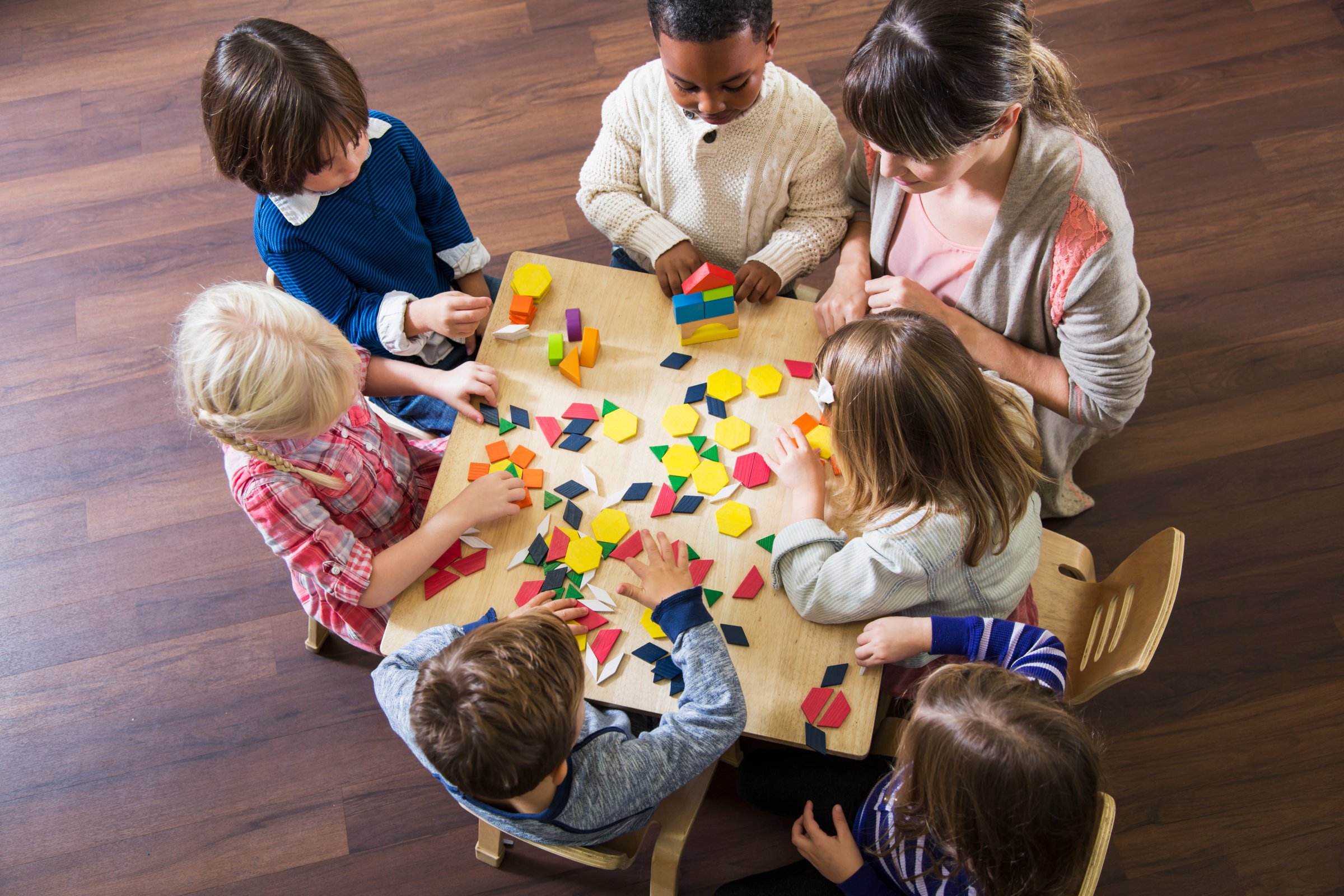
In today’s social-media-dominated culture, adults spend a lot of time crafting and curating their reputations, virtually and offline. New research suggests that children do the same thing in real life, too — potentially as early as age 5.
“Up until pretty recently, the consensus view in psychology was that these kind of social calculations were too complex for young children to engage in,” says Ike Silver, a marketing doctoral student at the Wharton School of Business at the University of Pennsylvania, who co-authored a new review in Trends in Cognitive Sciences with Alex Shaw, an assistant professor of developmental psychology at the University of Chicago.
Silver and Shaw found that children appear to be “adept reputation managers” — able to understand the importance of a good reputation and the behavior required to achieve it — by the time they enter elementary school.
“It really does seem to be that around age 5, we start to engage in behaviors that require certain kinds of problem-solving: being able to think about, ‘If this person sees me doing X, what will they conclude about me?'” Silver says. “We don’t know to what extent those questions are answered consciously, but we know they must be able to answer them.”
Several recent studies have backed this idea, according to the new paper. Shaw’s research has shown that 5-year-olds behave more generously when they know they’re being watched. Another recent experiment found that 6-year-old children acted more generously around people they were likely to see again, compared to those they likely wouldn’t encounter in the future. And in another recent experiment, preschoolers and kindergarteners who were told they were well-regarded by classmates were less likely to cheat later, compared to kids who hadn’t gotten the same encouragement. Together, these findings suggest that kids, whether they do it consciously or not, are constantly managing their reputations.
The new paper didn’t look into how or why these actions begin, but kids seem to absorb the reputation management tools they see others using, Silver says. For example, one study comparing 7- to 11-year-old Chinese and Canadian children found that Chinese children were more likely to conceal good behavior, modeling modesty, while Canadian children were more likely to advertise good behavior, modeling “pro-sociality.” This suggests that the values kids see in their environments trickle down to their behavior at a young age, according to the paper.
While it may be tempting to view this self-consciousness as a bad thing — a sign of carefree childhood slipping away — Silver says that’s not necessarily the case.
“Consideration of the minds of others and thoughts about how our behavior might impact others: those are deeply seated cognitions that emerge early and persist across cultures,” Silver says. Kids care what others think, “and that can be a powerful tool for mind-reading and developing relationships, which can be a positive thing.”
Shaw adds that understanding how and when kids begin to develop these skills may offer insight to parents, educators and policymakers. “If kids are engaging in bullying behaviors,” Shaw says, “one thing that you could theoretically do is try to leverage this reputational motive and make them think it’s kind of uncool to bully others.”
More Must-Reads From TIME
- The 100 Most Influential People of 2024
- The Revolution of Yulia Navalnaya
- 6 Compliments That Land Every Time
- What's the Deal With the Bitcoin Halving?
- If You're Dating Right Now , You're Brave: Column
- The AI That Could Heal a Divided Internet
- Fallout Is a Brilliant Model for the Future of Video Game Adaptations
- Want Weekly Recs on What to Watch, Read, and More? Sign Up for Worth Your Time
Write to Jamie Ducharme at jamie.ducharme@time.com